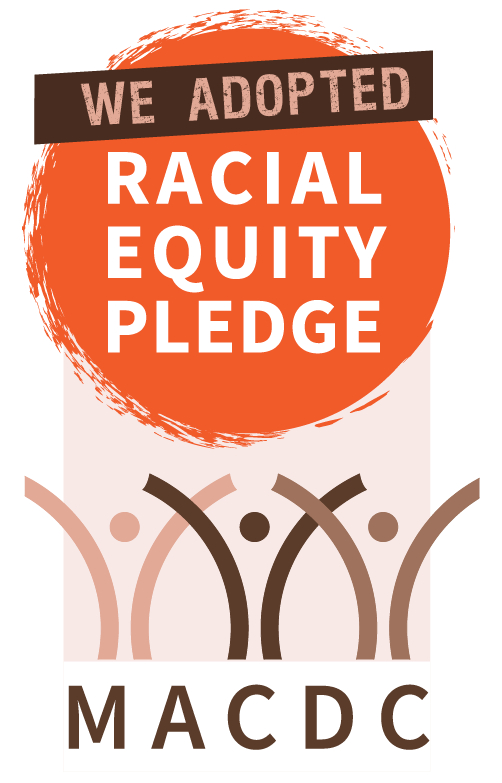Civil Actions, or lawsuits, begin when a plaintiff files a document called a complaint. Complaints tell the court who violated the law (the defendants), what law or laws were violated, the basic facts, and what relief the court should grant. Plaintiffs can ask for injunctive relief (for the court to make the defendant do or not do something) and damages (a money award).
Fair housing rights can be enforced in federal or Massachusetts state courts. There is one federal trial court in Massachusetts, the District Court of Massachusetts. There are a few different types of Massachusetts trial courts – housing court, district court, and superior court.
Housing discrimination cases can be brought in any of these courts. People choose which court to file in for many different reasons. Some of the biggest considerations are whether state or federal law is more favorable, the type or amount of damages, and whether a person has an attorney representing them.
Different Laws. Federal law has some limitations that state law does not. Two key examples are what classes are protected against discrimination and what housing is covered. For example, people discriminated against based on age, marital status, and source of income are only protected under state law. Similarly, federal law does not require compliance by a housing provider that occupies a property with four or fewer housing units, while state law only excludes providers that occupy a property with two or fewer housing units.
Types of Damages. When choosing between courts, the amount or type of damages sought will also be important. Housing court is very accessible to plaintiffs, especially those that do not have an attorney, but they are designed to handle cases with fewer damages. People may also bring a discrimination claim in housing court or district court in response to an eviction action. When this happens, it is called a counterclaim, and is heard in the same proceeding as the eviction. District courts handle claims that are not expected to exceed $25,000. Superior Courts handle claims in excess of that amount. Filing in federal court is often considered a more formal, rigid, and predictable process. People choosing to file in federal court typically do so under advice of their attorney. Federal court can be a good choice for someone trying to have a state- or nation-wide impact on how housing rights are understood or enforced.
Resources:












